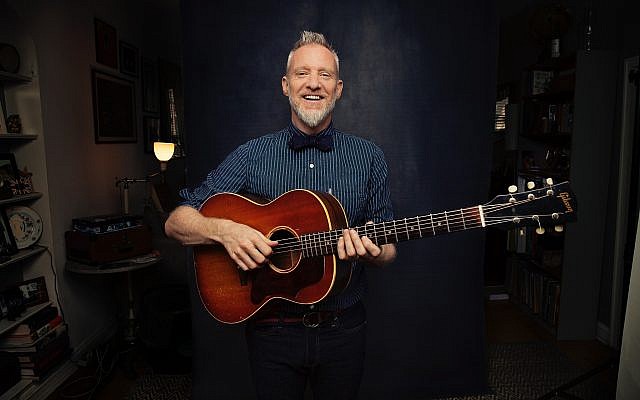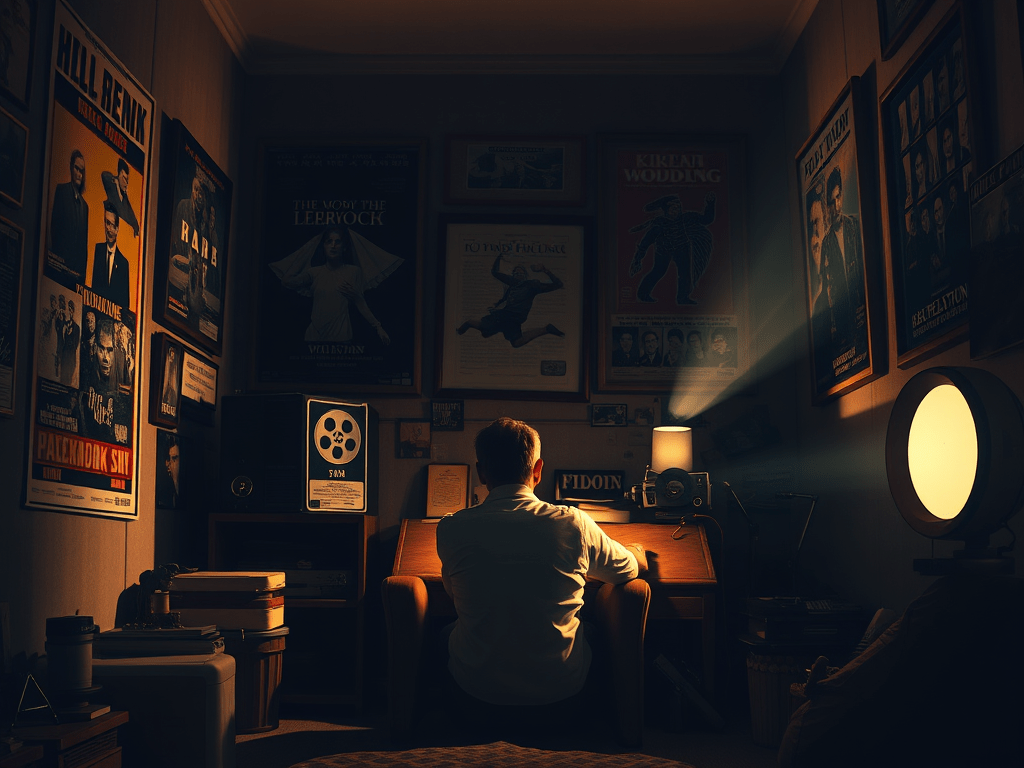
When “Pocket Full of Kryptonite” was released on Aug. 20, 1991, the music industry had yet to be consumed by the notion that the Pacific Northwest was the only locale worth investing in. The discontent that festered from the perceived emptiness of LA’s glam metal circus was lurking, but the idea that the market was robust enough to allow contrasting styles to thrive simultaneously was alive and well.
Metallica, Nirvana, Michael Jackson, Garth Brooks, Enya, and, of course, Spin Doctors all benefited from the glory days of physical media, and they all received ample attention from the labels responsible for maximizing their potential. Business was good, perhaps too good, which meant that the backlash wouldn’t be far behind.
There’s a film from earlier this year called “The Greatest Hits” in which the protagonist is able to relive certain events in her life whenever she hears a song and that’s how I feel about “Two Princes,” “What Time Is It?,” and “Little Miss Can’t Be Wrong” in 2024. I’m not transported to a better time necessarily, but certainly to one before I became all too aware of how the critical establishment felt about a lot of the music that I loved.
As far as I was concerned, the scorching solos from Eric Schenkman, the frenetic bass slapping of Mark White, and the crispy snare sound of Aaron Comess were irresistible, and frontman Chris Barron’s enthusiasm for what he was doing took the whole thing to another level. It wasn’t until I got older that stunts like Blender Magazine naming “Two Princes” as one of its “50 Worst Songs Ever” even showed up on my radar, so the importance of having a contrarian viewpoint was instilled in me from an early age.
Blender went belly up in 2009, but Barron is still out there doing what he does best with little concern for what anyone else thinks is cool. He’s not on TV all the time and he’s OK with that.
I caught up with him recently in advance of his solo gig at Ontario House on June 14 and he couldn’t have been more gracious with his time. If you’re wondering what the guy who rocked the chullo once upon a time can do without the band, come out to Youngstown and see for yourself.
MNOD: Your solo approach is much different than what people would expect from the guy in Spin Doctors. Describe what your shows are about.
Barron: It’s funny, because, if you ask any random person on the street, they expect to see a guy with a funny hat singing a song about a frog. I think people will be pleasantly surprised by what my solo shows are about. I started out as a skinny kid with a guitar who moved to New York City on a dare and I’m still plugging away after all these years. I think I’m a pretty accomplished player at this point and the singer/songwriter thing is really an art form unto itself. I’ve written a few hits, but I’ve also written music that is strange and beautiful yet also ear candy.
MNOD: I really enjoyed your last release, “Angels and One-Armed Jugglers,” because it showed a different side of your musical personality. How will you mix up the hits with your solo material and how does your fingerpicking style affect the way you approach the classics?
Barron: I would say that I use fingerpicking for 2/3 of the set now, although I still love just banging out a tune with a pick. I grew up as a punk who was into Violent Femmes and Dead Kennedys. I had teenage aggression that I hammered out with my guitar. With Spin Doctors songs, some of them I play just as people remember them, because there’s nothing to change. I’m in a band with three of the strongest musicians of that era in terms of arranging and composing. ‘Two Princes’ and ‘Little Miss Can’t Be Wrong’ are pretty close, but ‘Jimmy Olsen’s Blues’ is more open to interpretation. Guys like Reverend Gary Davis and Lightnin’ Hopkins are my inspiration. I’m fascinated by the different colors and emotions that I can get through fingerpicking.
MNOD: I was reading another interview that you did recently in which you mentioned Jackson C. Frank’s “Blues Run the Game” as being a song that you had gotten into. Could we see that enter the set at some point?
Barron: I don’t think so. I don’t really play other people’s stuff, because I just have so much of my own. I do love that song, though, because it’s such a beautifully sad experience. You can feel the pain in his voice and follow his fingers through the strings. He played in such a truthful style and people can sense it.
MNOD: “Pocket Full of Kryptonite” has always held a special place in my life, because I remember getting the album with my mom on the day it was released and one of the early dates that I had with my wife was when you guys came to Buffalo on the 20th Anniversary tour. How do you look back on that album today?
Barron: That’s a special record. I grew up around people playing music and I think I always wanted to write songs that others would say were their favorite songs. That was my motivation. It means a lot to me that you have such a strong connection to that album. We were young, but we were smart enough to know that great records don’t always get the biggest audience. The thing about that era is that bands like Blues Traveler and Hootie and the Blowfish were our friends and Spin Doctors rose up out of those acquaintances. I have extreme regard for Eric, Aaron, and Mark. I think it’s horseshit when people say that the people they work with are family, but we’re all still really close and we love playing together. In the early days, Eric and I were trying to get Aaron to join the band by making it seem as if we had more going on than we really did. Aaron’s a brilliant composer who came up with ‘How Could You Want Him (When You Know You Could Have Me?)’ and ‘Refrigerator Car.’ I remember we had a room at the conservatory, and I wrote ‘Big Fat Funky Booty,’ ‘Jimmy Olsen’s Blues,’ and ‘Forty of Fifty’ all on the same day. Back then, I think I loved the deeper cuts and more challenging material, but now, I’m appreciative of the hits. I can remember being a kid and loving records like ‘Abbey Road,’ The Who’s ‘Live at Leeds,’ or Simon and Garfunkel’s ‘Bookends,’ so it always means a lot to me when people say that they have similar feelings about songs that I wrote.
MNOD: “Turn it Upside Down” came out a few years later and didn’t have the same impact for whatever reason. What do you think happened?
Barron: I think it was a function of the industry at the time. Sony Music took their eye off the ball and wasn’t pushing us anymore. Loyalty wasn’t really a thing like it had been in the past. A band like The Moody Blues could make a few albums and then find major success on the next one, because the label was willing to stick with them. That was a great business model, because the back catalog would sell more based on the success of the newest album. Things changed and the model changed. When I think about bands such as Pearl Jam or Soundgarden or Nirvana, we could have been just as heavy as them, but we wanted to play songs with different tempos, rhythms, and emotions. That was our stated purpose. Soundgarden and Nirvana were great, but they were also monochromatic in a way. I philosophically disagreed with the nihilism they were promoting, as well, because I don’t think it’s a particularly profound observation to say that the world is inherently disappointing. It’s more artful to write about why people should still have hope and why people are still good. That’s the ball I like to kick and the field that I like to play in. I’m 56 and I’m still making a living playing music, which is all I ever wanted. I paid a price to be famous, but now I drive a Suburu and have a nice apartment. I live a pretty chill life. I have no stalkers or other bullshit, so it’s hard to complain.
MNOD: What does the future hold for Spin Doctors?
Barron: We’re still together and have a new album called ‘Faceful of Cake’ coming out next year.
Chris Barron plays Ontario House (aka Stone Jug) on June 14.
See http://www.thechrisbarron.com for details.






Leave a comment